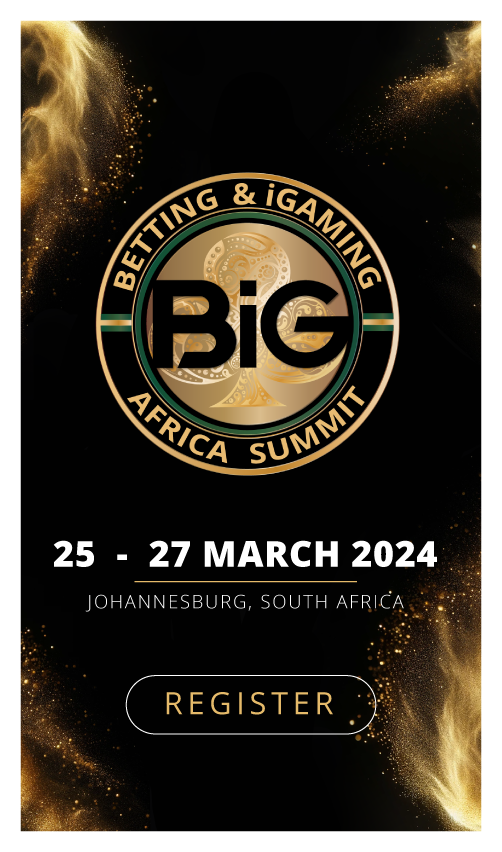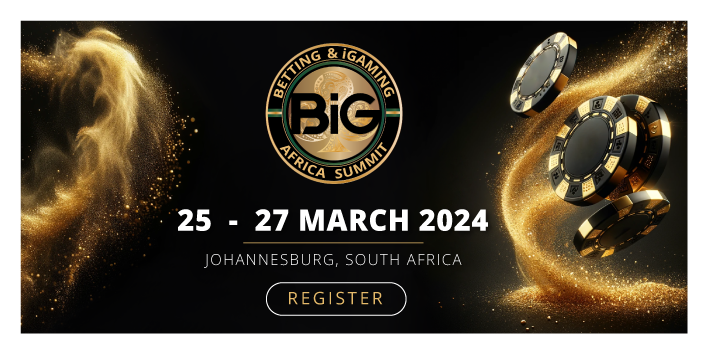The hiring process can be a daunting task, especially when you’re looking to find the right fit for your company. After all, your team is the backbone of your business, and you want to ensure you’re bringing in people who are not only qualified but also passionate and committed to your company’s goals.
That’s where the art of the hiring interview comes in. A well-crafted interview can be a powerful tool for uncovering a candidate’s true potential and assessing their suitability for the role. But how do you ensure you’re asking the right questions and getting the most out of your interviews?
The significance of a well-conducted interview
When orchestrated effectively, interviews transcend the mundane hiring process, transforming it into an engaging interaction that benefits both parties. A well-conducted interview is like a dance, making the job search an enjoyable experience for both the employer and the candidate.
According to a study by Seed Scientific, the complexity of a job interview correlates with higher employee satisfaction, showcasing a 2.6% increase with a 10% tougher interview process. The interview journey, spanning an average of 20 to 40 days from the first meeting to a job offer, is a multifaceted exploration that can unfold various dimensions of a candidate’s personality and capabilities.
Interview fun facts
- Job interviews take an average of 40 minutes.
- Companies have an average of nine interview stages.
- Recruiters spend 5 to 7 seconds going through resumes.
- 61% of CFOs believe that the best time to conduct an interview is between 9 am to 11 am.
- Candidates get an average of 2–3 interviews before getting a job offer.
- 33% of recruiters know if they’ll hire someone within the first 90 seconds.
- 47% of interviewers don’t hire candidates with no knowledge about the company.
- 65% of candidates that don’t make eye contact don’t get the job.
- Recruiters discard 76% of resumes that have unprofessional email addresses.
- 74% of HR managers prefer structured interviews.
- 55% of interviewers say that interviewees respecting dress codes make great first impressions.
- 60% of hiring managers use video interviews.
- 75% of employers are keen on the availability of key skills.
- 88% of employers acquire superior candidates from referrals.
The power of questions
The first step to a successful interview is to ask the right questions. These questions should be designed to get to the heart of a candidate’s experience, skills, and personality. They should also be insightful and thought-provoking, challenging the candidate to think critically and demonstrate their problem-solving abilities.
Here are some examples of strong interview questions you can use to assess a candidate’s suitability for your role.
Describe your ideal job and company to work for
This question acts as a compass, guiding you through the candidate’s expectations, aspirations, and perception of an ideal work environment. It’s like peering into a crystal ball to foresee whether their career goals align with your company’s offerings.
Do you believe it’s more important to work fast or get the job done right?
This question is a delicate balance, akin to walking a tightrope. It unveils the candidate’s approach to work – an essential insight for aligning expectations regarding quality and efficiency.
Do you want to become a manager, leader, or executive in our company?
Leadership, a latent quality even in non-managerial roles, is explored here. The question unveils the candidate’s potential to step into leadership shoes and contribute to the organization’s growth.
How do you choose what companies and roles to apply to?
This query is a window into their preferences, interests, and how well their career goals match the opportunities your company presents. It’s akin to fitting puzzle pieces to ensure a seamless alignment.
How do you think our customer service, product, or website can be improved?
Consider this question a canvas where creativity and problem-solving skills paint a picture. It’s not just about their suggestions, but also about gauging their thought processes and ability to contribute meaningfully.
If you are offered more than one job, how will you decide which one to accept?
This question is a strategic puzzle, challenging candidates to think critically about their priorities and make decisions. It’s a peek into their decision-making prowess.
If you were an animal, which one would you want to be?
Beyond the whimsy lies a psychological probe. The choice of animal unveils traits, and the ensuing discussion digs deep into whether these traits align with the role and company culture.
If you were our CEO, what’s the first thing you would want to do?
A hypothetical scenario unfolds, offering insights into the candidate’s understanding of leadership responsibilities. It’s a litmus test for their strategic thinking and managerial vision.
What are the three positive things your last boss would say about you?
While positivity might flow freely, the real test lies in the depth and authenticity of their responses. It’s a doorway to understanding their self-awareness and how they perceive their strengths.
What are your favorite books, industry, websites, and other resources?
This question is a gateway to the candidate’s intellectual pursuits and how they stay informed about industry trends. It’s akin to examining the tools in their mental toolbox.
What are your goals?
Beyond the professional realm, this query delves into their aspirations, defining what propels them forward. The answer can unveil character, values, and the alignment of personal and professional goals.
What are your weaknesses?
The age-old inquiry is a mirror reflecting self-awareness. It’s an opportunity for candidates to showcase humility and demonstrate a proactive approach to personal development.
What can you do for us that other candidates can’t?
This question is a spotlight, casting attention on their unique value proposition. It’s about what makes them stand out in a competitive landscape, akin to a product differentiating itself in a crowded market.
What kind of work would make you excited to get out of bed on a Monday morning?
This is the ignition switch to enthusiasm. The answer unravels whether their passions align with the job on offer, creating a harmonious synergy between personal excitement and professional responsibilities.
What salary are you seeking?
Beyond monetary figures, this question unveils their understanding of industry standards and self-worth. It’s a negotiation dance, where both parties aim for a mutually beneficial arrangement.
When were you most satisfied with your job?
Satisfaction is a compass guiding toward fulfillment. Understanding the instances that brought them joy provides insights into their preferences and what fuels their job satisfaction.
Who are your role models and mentors?
This query unveils the attributes and values they admire, reflecting on their own character. It’s like exploring the foundations of their professional and personal philosophy.
Why did you leave your previous job?
The departure from past roles reveals a narrative. Understanding the reasons provides clarity on their decision-making process, loyalty, and whether their values align with your organizational culture.
Why do you want to work here?
This question seeks alignment – between their aspirations and what your company offers. It’s a mirror reflecting their motivations and how well they’ve researched and resonate with your organization.
Why should we hire you?
The final question is the grand finale, prompting candidates to articulate their unique contributions. It’s an opportunity for them to shine and showcase how they seamlessly integrate into the organizational puzzle.
Conclusion
Interviews are a harmonious blend of strategy, psychology, and human connection. Each question is a note, contributing to the symphony that is the hiring process. The task of an interviewer is to not only ask questions but to listen, observe, and decipher the nuances that unfold between the lines.
By asking effective questions, paying attention to nonverbal cues, and using behavioral interviewing techniques, you can make a more informed decision and find the perfect person to fill your open position.
If you want to reach new GEOs and audiences, maybe it is all waiting for you on Telegram? We’ve prepared some material about Telegram audiences. What are the messenger’s users like this year? How old they are, what they do, and what they are interested in!









